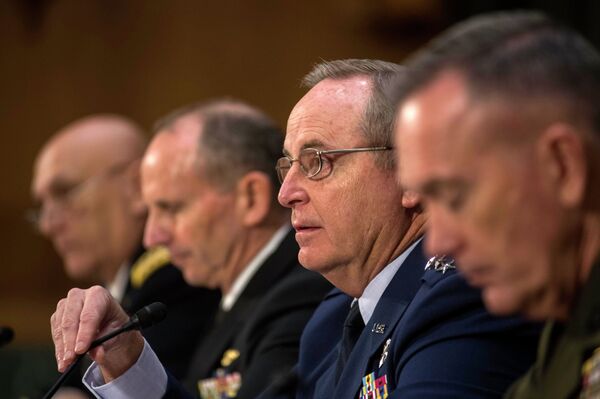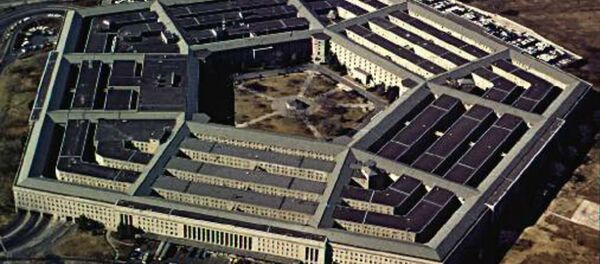During a Senate Armed Services Committee hearing to discuss mandatory defense spending cuts under sequestration, military officials warned of dire consequences of future automatic cuts, but stressed the Army’s surplus of tanks doesn't imply bad spending decisions on the part of the Pentagon, reports Military.com. Instead, it points to Congress forcing unnecessary hardware on the Defense Department.
"We are still having to procure systems we don't need," Army Chief of Staff General Raymond Odierno said, adding that the Army spends "hundreds of millions of dollars on tanks that we simply don't have the structure for anymore."
The Department of Defense has around 9,000 between the Army and Marine Corps.

Chief of Naval Operations Admiral Jonathan Greenert reiterated the claims, saying "there are too many people involved in the process [for acquiring equipment].”
“If I say ‘I need a thing’… there are a whole lot of people telling us, ‘No, this is what you really need,’” Greenert added.
The debate between Congress and the Pentagon has been going on for the past three years, with the Defense Department saying the U.S. should stop buying tanks and let defense contractors focus on foreign sales.
Congress, on the other hand, shuns Odierno’s proposals, constantly approving tank upgrades.
In 2012, the Senate voted to approve $181 million for tanks, and in Dec. 2014, it approved a $120 million budget on Abram tanks.
Some Senators also raised concerns about preventing the Defense Department from wasting money on unneeded equipment.
"There has got to be a more effective and efficient method of procurement," Sen. Joe Manchin (D-West Virginia) said. "When [President] Eisenhower said 'beware of the military industrial complex,' man he knew what he was talking about… We force stuff on you all that we know you don't want."
Other lawmakers argued that funding more tanks boosts the labor force and protects national interests.
"The [Fiscal Year 2015 National Defense Authorization Act] recognizes the necessity of the Abrams tank to our national security," Rep. Mike Turner (R-Ohio) stated in December. "This provision keeps the production lines open in Lima, Ohio, and ensures that our skilled, technical workers are protected."
The Army, Navy, Air Force and Marine Corps have suffered massive mandatory cuts under sequestration that began in 2012.
Naval Operations Adm. Chief Greenert warned that a new round of sequester cuts, expected in 2016, would require a re-examination of the national defense strategy, according to Military.com.



